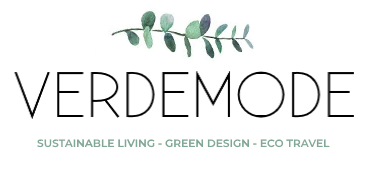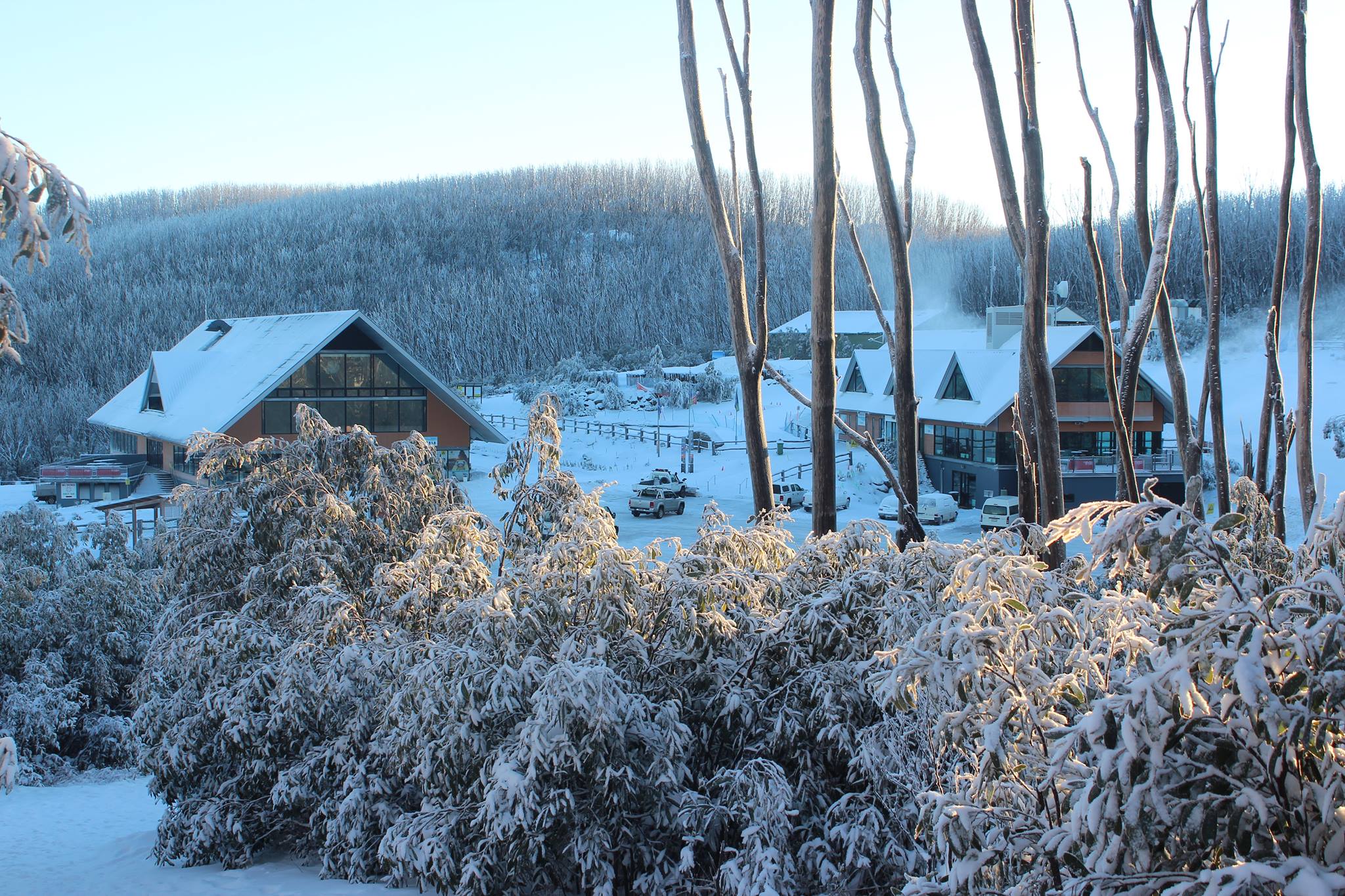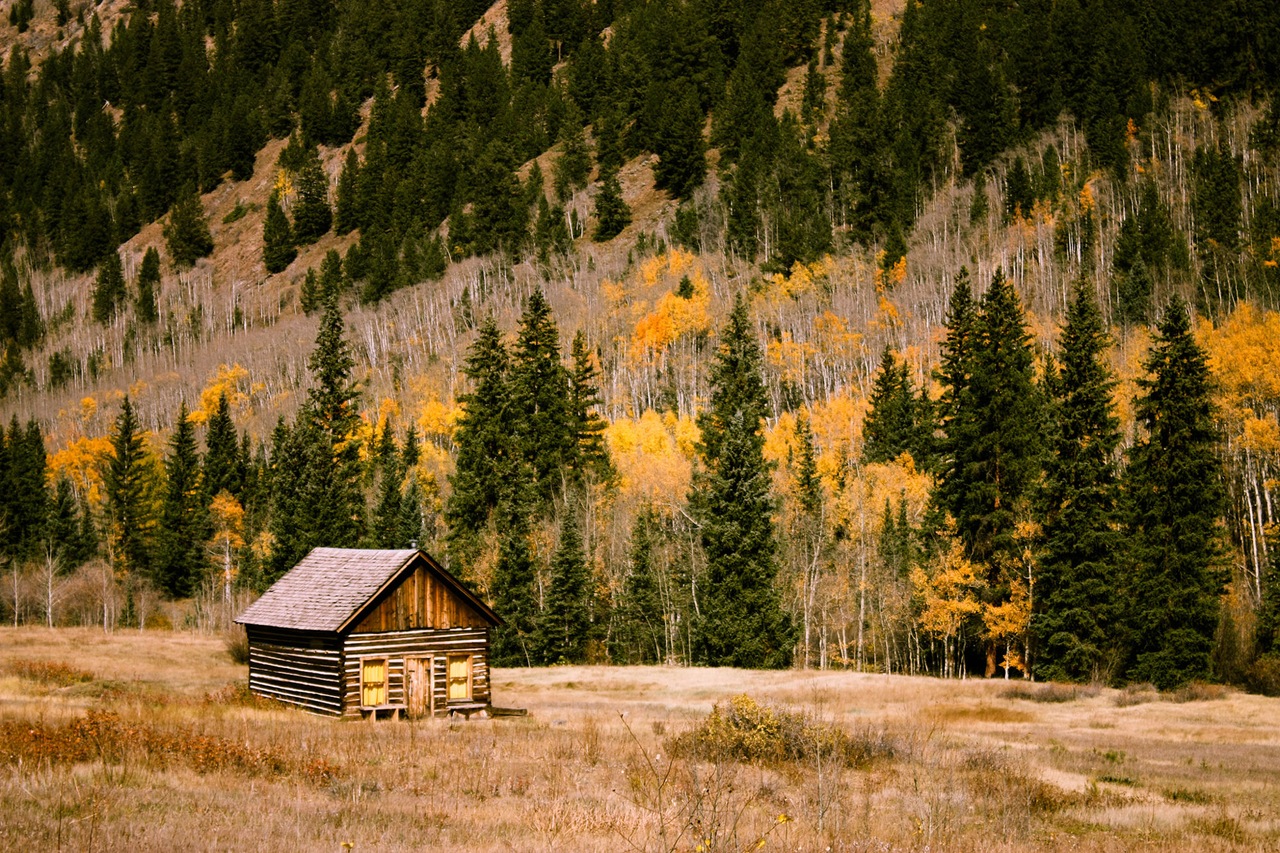September is the natural breeding season for koalas, so it’s very fitting that the entire month is dedicated to the Save the Koala campaign.
Now in its 29th year, Save the Koala Month was created in 1988 to raise awareness of the plight of the koala and encourage fundraising to support the work of the Australian Koala Foundation (AKF). The money raised through Save the Koala Month goes towards the long term survival of Australia’s wild koala population, which, according to the AKF, sits around 43,000. Only a decade ago the koala population was in the hundred thousands.
To ensure the long term survival of koalas in the wild, the AKF works on getting effective legislation passed at a federal level. However, because the AKF is a not-for-profit organisation, it does not receive government funding. They depend on donations from individuals and the community to be able to continue their work.

Image by Alex Proimos via Wikimedia Commons
Koala concerns
There are a number of factors influencing the decline in wild koala population. Found mainly in Victoria, Queensland, New South Wales and a few small areas in South Australia, koalas in many parts of Australia have been ravaged by drought or bush fires over the past few years, which has severely impacted on koala numbers.
Clearing of land for housing, agriculture and development is encroaching on the koala’s natural habitat, with vast green corridors that koalas once used to move around disappearing.
CEO of the AKF Deborah Tabart OAM says, “Residential developments in koala habitats has pushed the marsupial native’s population in southeast Queensland to a point beyond recovery.” As a result, the AKF is campaigning the federal government to establish a Koala Protection Act, which would see tighter constraints imposed on the type of areas developers could build in, thus protecting koala habitats.
With a rise in human settlement comes a higher risk of dog attacks, especially if green corridors are non-existent, which means the only way koalas can get from tree-to-tree is to climb down and walk. This also increases the risk of injury and death from traffic accidents.
If koalas manage to escape being hit by a car, attacked by a dog or caught in a bush fire, there’s always a chance they could catch a dose of chlamydia, which is currently rife among some populations of koala. The good news is that a scientist very recently discovered a new drug to treat chlamydia in koalas, which can have a devastating effect on the animals causing blindness, pneumonia, infertility and even death.

Image by Adolf via Wikimedia Commons
How You Can Help Save Koalas
Every year, the AKF asks the public to come up with, and implement new fundraising ideas. The more innovative the better!
Deborah Tabart of the AKF is amazed at the creativity of koala lovers from around the globe. “Without the people of the world, the plight of the koala would be much worse. Now it is time to save koala habitats.”
Hold your own fundraiser
Have a garage sale; host a cake stall; sell stickers, organise a no-uniform day at school asking everyone involved to give a gold coin donation towards the Save the Koala fund.
Buy merchandise directly from the AKF
The AKF sells stickers, temporary tattoos, wristbands and soft toys through their online shop that you can sell as part of a fundraiser, or keep for yourself if you wish.
Collect donations
Place a donation box in your workplace or child’s school. If you’re really keen, contact your local council and ask if you can place a few donation boxes around your suburb or town.
Get crafty
Dig out the knitting needles and sewing machine and get creative. Handmade toys and gifts are great to sell to raise funds.
Get social
Use social media for good – spread the word about your fundraising efforts to maximise reach of this year’s Save the Koala Month, and don’t forget to use the hashtag #STKM or #STKM2017 when sharing.
The AKF is always looking for new ideas on how to generate funds to continue their work in koala protection. If you can think of any new and innovative ways to support the AKF, get in touch with them via the Save the Koala website or the Save the Koala Facebook page.
This article first appeared on Our Planet Travel. The information has since been updated.
You can read more articles about Koalas on Eco Traveller Guide here.













